Tensions Rise Over Surveillance Drone Plans
A south city neighborhood in St. Louis is embroiled in controversy as residents oppose plans by a private business to fly surveillance drones over the area starting January 29th.
Jomo Johnson, CEO of SMS Novel, asserts his company’s right to operate drones within federal and local regulations, despite mounting opposition from the community.
Residents Rally Against Drone Surveillance
Gravois Park residents, along with local aldermen and city officials, are gearing up for discussions to address this contentious issue.
The heart of the dispute reportedly lies in the residents’ concerns over privacy infringement.
They view the drone surveillance, proposed by SMS Novel, as an Orwellian intrusion and are particularly opposed to the company’s plans to commercialize the drone footage.
The Company’s Perspective
Johnson defends the initiative as a crime-deterrent measure, following high crime rates in the neighborhood, including nine fatalities last year.
SMS Novel aims to expand this drone-based surveillance model, currently planned for a two-week pilot in Gravois Park, to other cities struggling with violent crimes.
Johnson emphasizes that the objective is not to invade privacy but to reduce suffering and crime.
Community’s Strong Opposition Against Drones
The Gravois Park community has expressed strong disapproval, feeling that they are being treated as subjects of an experiment.
The lack of prior consultation and clarity on the specifics of the drone operation has only added to their frustration.
Colleen Smyth, a local resident, voiced her discomfort, stressing the potential negative impact on the neighborhood’s sense of security and privacy.
Legislative Response to Protect Privacy
Alderwoman Alisha Sonnier is spearheading efforts to introduce legislation to regulate such drone operations.
The proposed bill would require drone operators to secure city business licenses and adhere to privacy protection measures, including obtaining consent for filming and avoiding interference with emergency services.
However, these proposed restrictions may face Legal challenges due to federal control over drone licensing and established legal precedents on public photography and filming rights.
Legal Implications and Future Outlook
Mickey Osterreicher, a lawyer for the National Press Photographers Association, points out the potential unconstitutionality of Sonnier’s proposed bill.
He highlights the legal right to photograph or film in public spaces and warns of costly legal battles for the city if the bill is passed.
Conclusion
The unfolding situation in Gravois Park epitomizes the complex balance between innovative crime prevention methods and the preservation of individual privacy rights.
As the neighborhood braces for the launch of the drone surveillance program, the debate underscores the need for clear legal frameworks and community engagement in implementing such technology-based solutions.

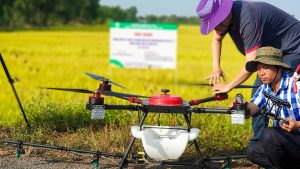
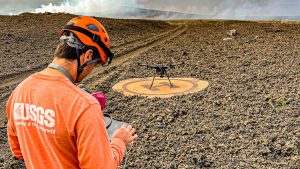

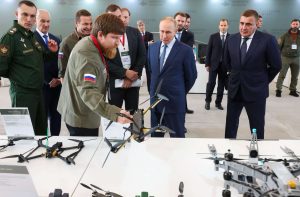

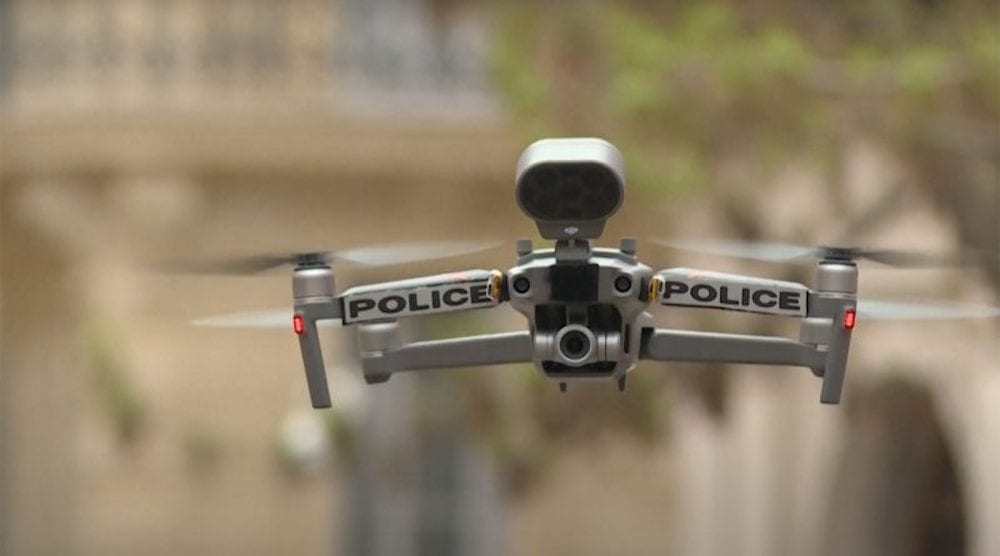


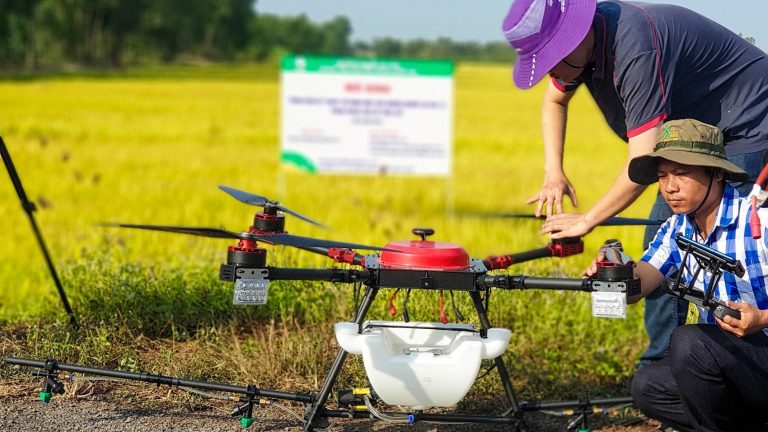

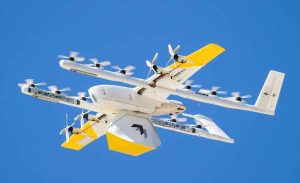
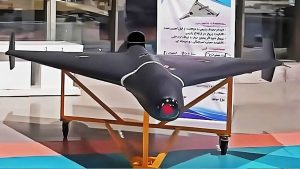
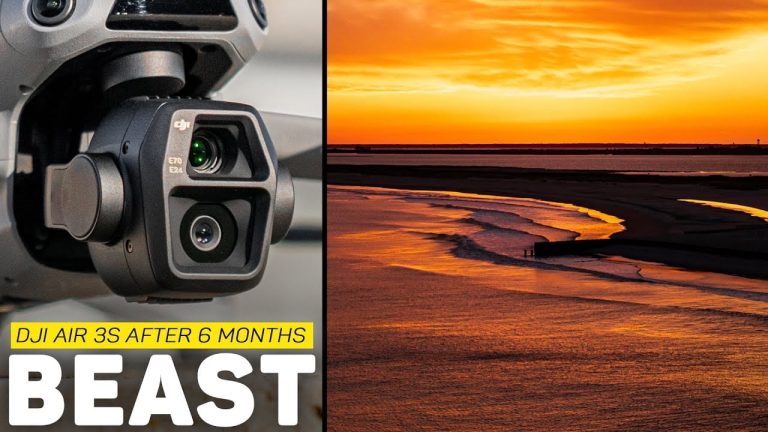
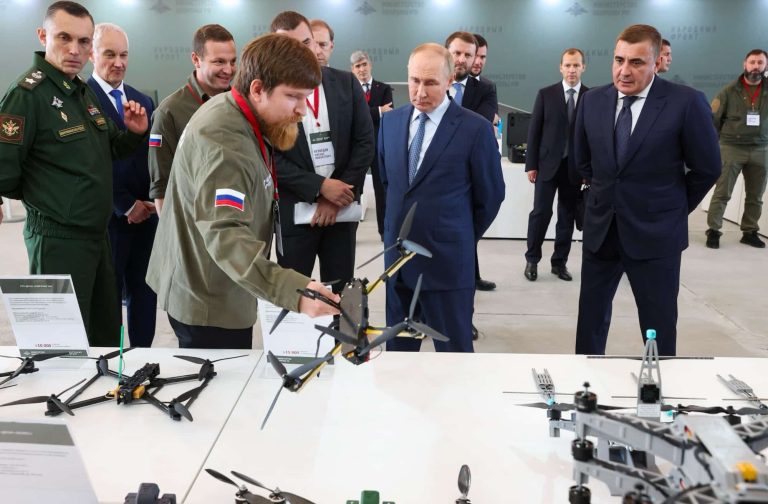

+ There are no comments
Add yours